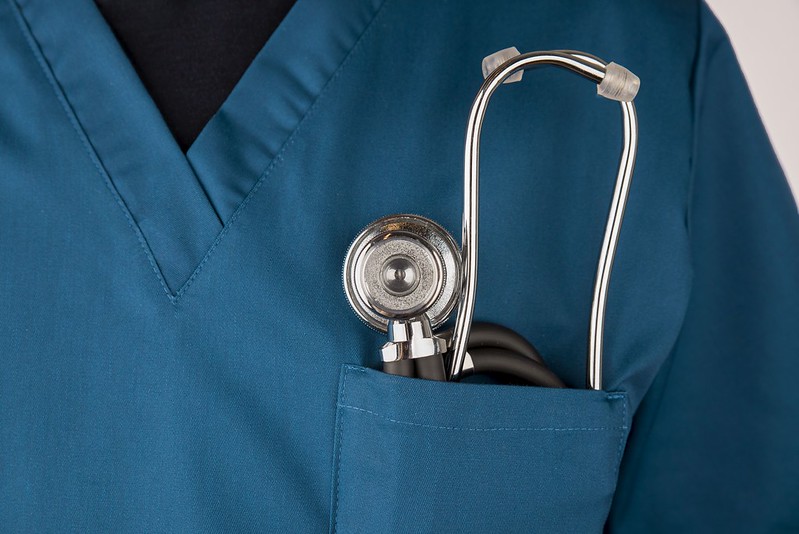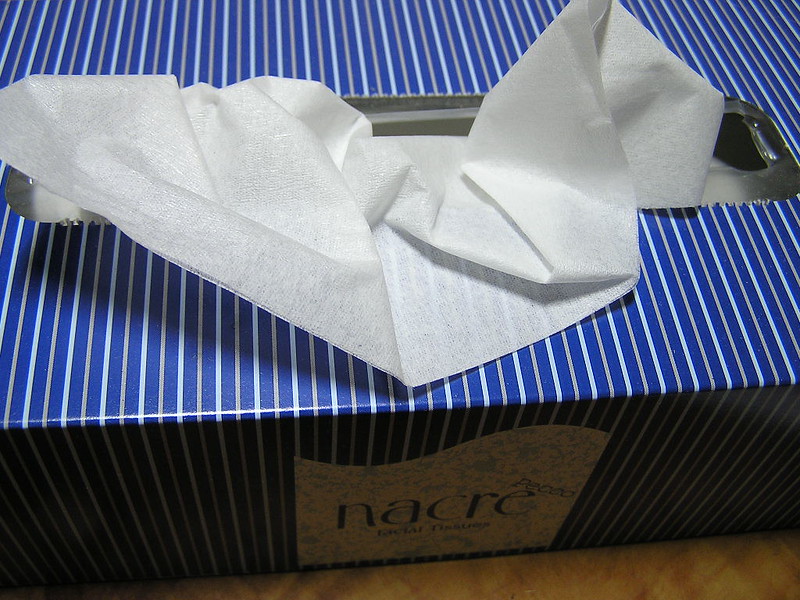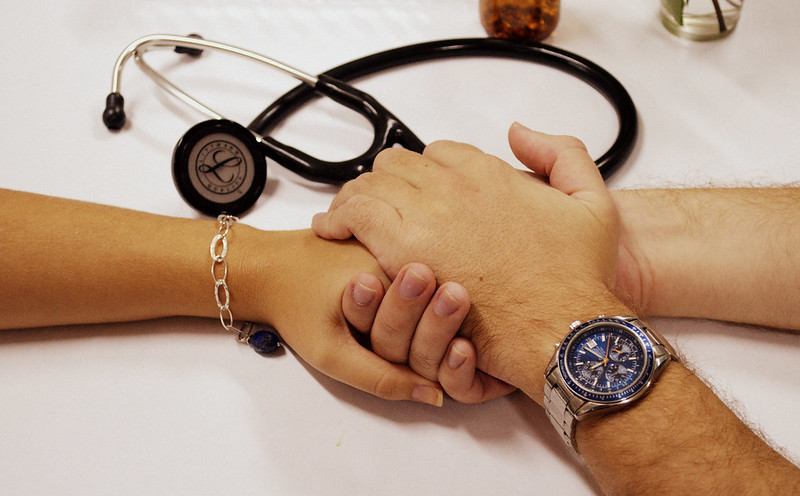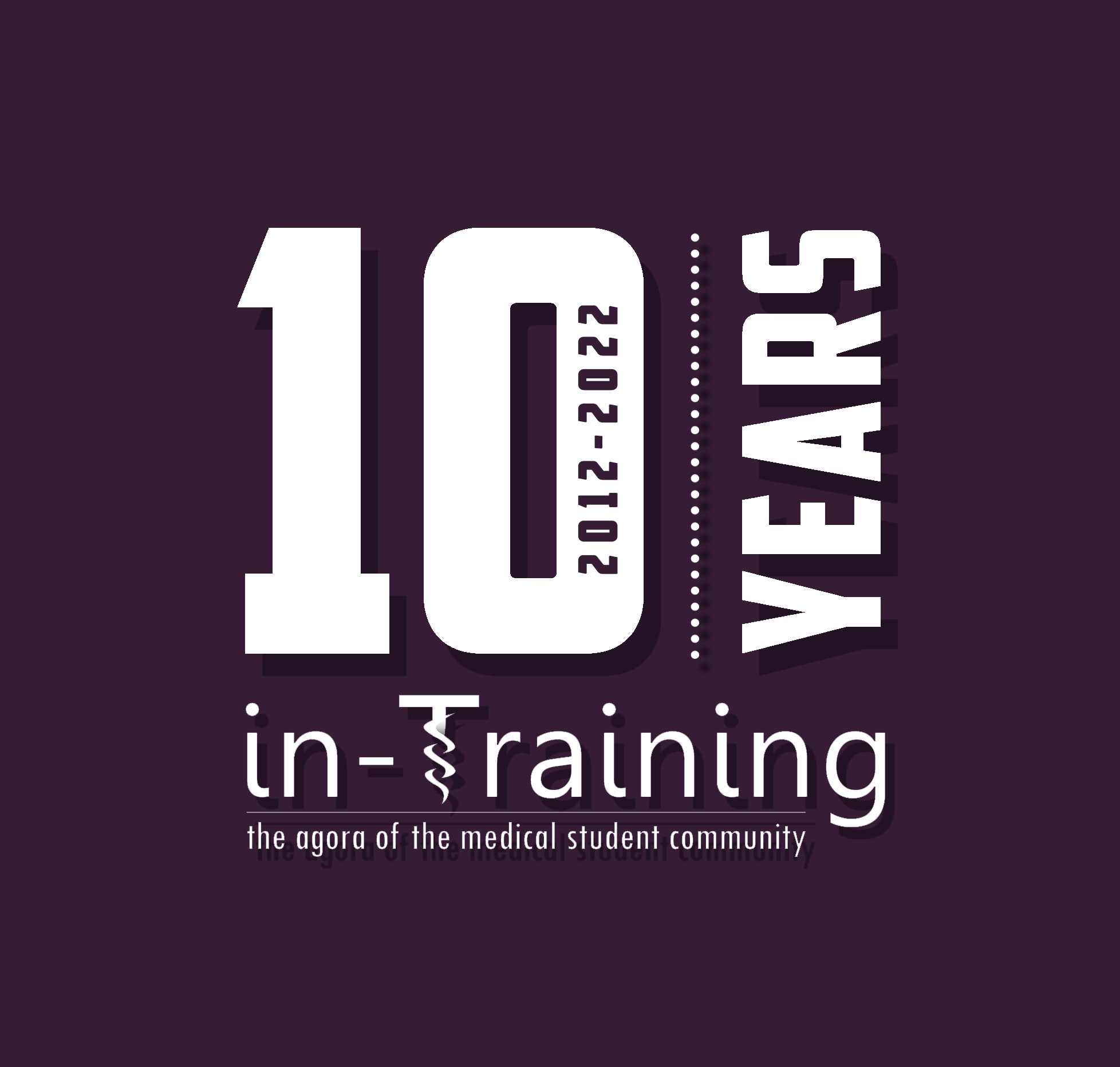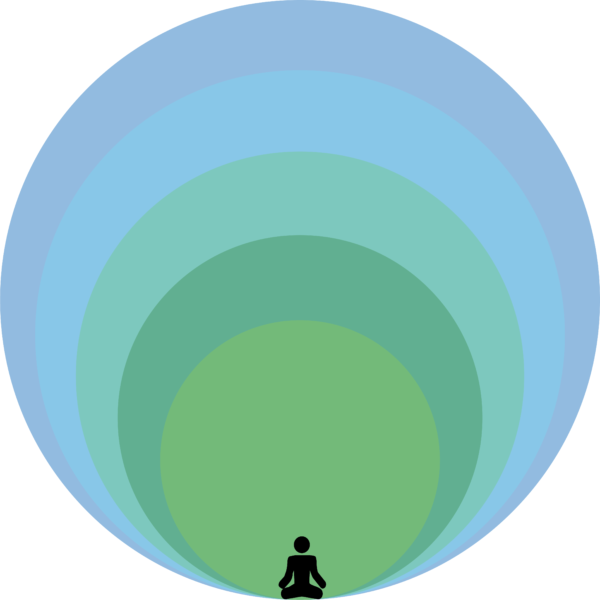Day One of Clinicals: The Patient Teacher
I walked up the stairs in my heels, white coat and stethoscope, which I had no idea how to use, on the first day of my first clinical day two weeks into medical school. The question of whether I belonged in a position of authority felt more prominent than ever as patients in the lobby passively asked me about their treatments and I waited for the staff to return from their lunch break. I told …

